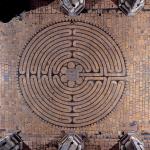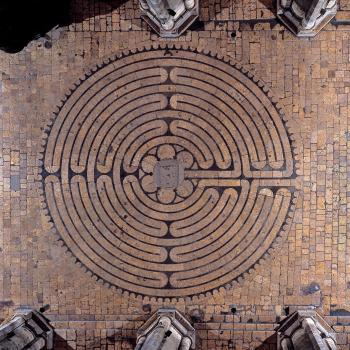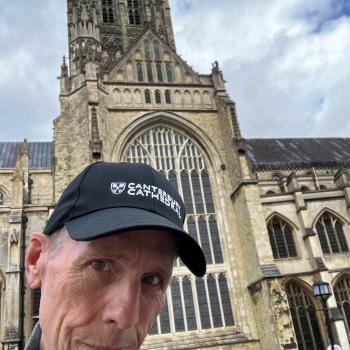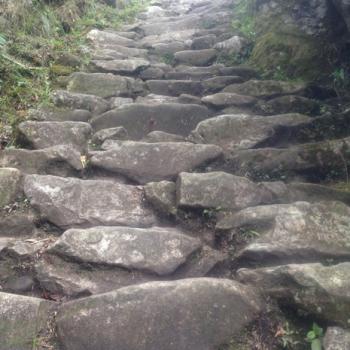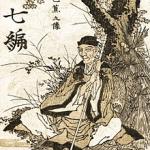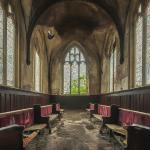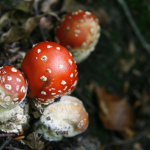In one of those happy coincidences, ‘aware’ means nearly the same thing in English and Japanese. Of course, Japanese pronounce it ‘a-wah-re.’ And it conveys something deeper than mere awareness. It is about perceiving the essence of existence. For the Japanese, pilgrimage is about seeking ‘aware’ ness.
The Narrow Road to the Deep Soul
That’s something I just learned. My oldest friend is also my oldest teacher. Tom was a professor of Japanese literature in whose classroom I sat for my first class in college back in 1971. One of the books I read for him was ‘Oku no Hosomichi,’ The Narrow Road to the Deep North’ by Matsuo Basho. That book is what propelled me into Pilgrim Life, though it took decades.
Knowing of my pilgrim ways, he recently sent me a volume of his, Pilgrimages – Aspects of Japanese Literature and Culture. In it he defines the Japanese idea of pilgrimage as essentially seeking ‘aware’ ness. One goes on pilgrimage to let go of the ordinary in order to be aware of ‘a-wah-re.’ That captured my reasons for pilgrim life better than the ideas people usually associate with pilgrimage.
Sacred Places or Sacred Moments?
For Christians and Muslims and Hindus, pilgrimage is about a place of sacred value to them. I have been to several of these and can attest to their power. For the Japanese Buddhist, though, pilgrimage is about removing yourself from the familiar and known in order to be ‘aware’ when a moment of ‘a-wah-re‘ – spiritual insight – happens. They are seeking ‘aware’ ness.
Fireflies
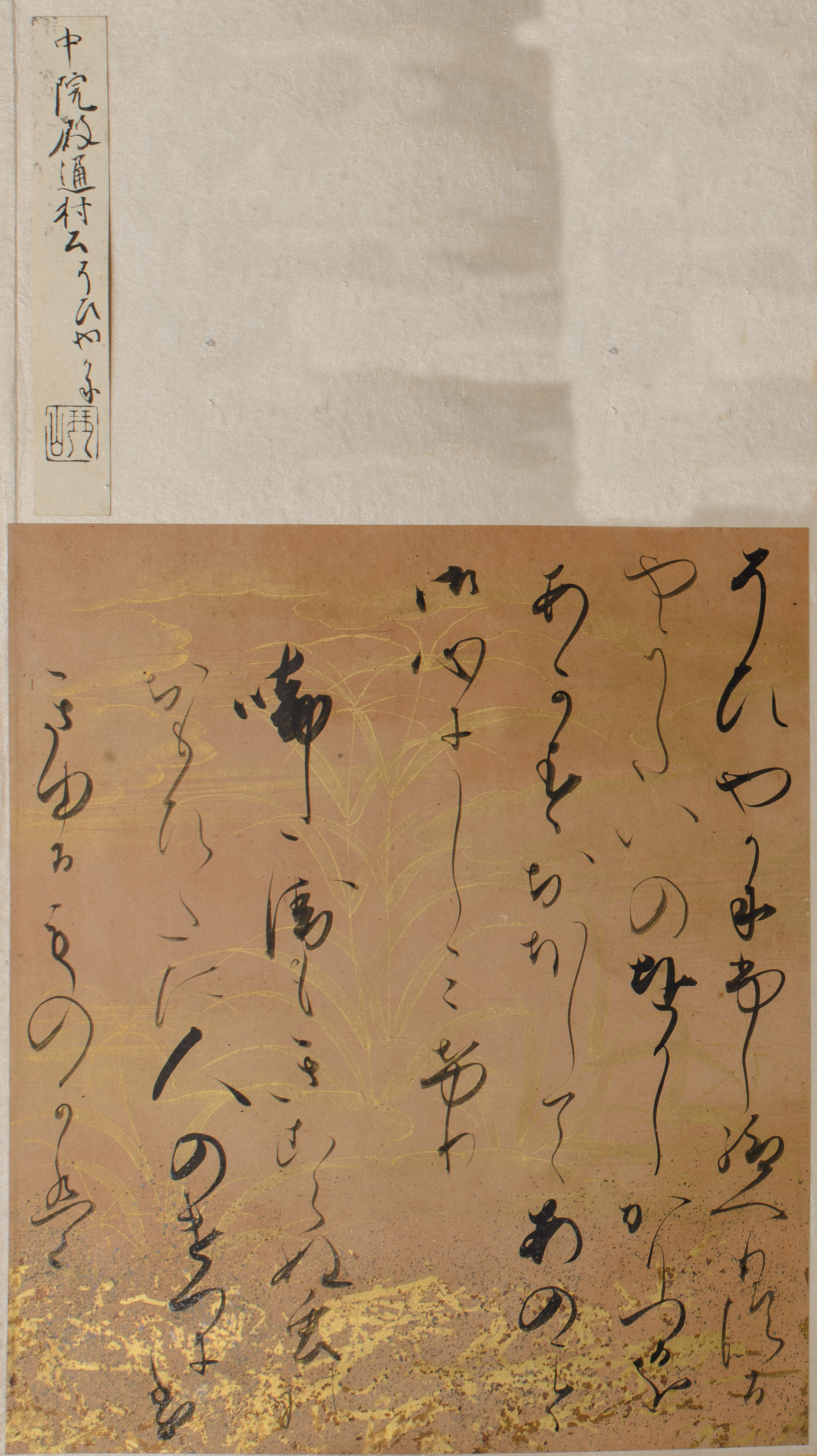 Such moments are but blinks of an eye. Yet they reveal the essence of things, as when a firefly briefly lights up in the dark. However, if we are about out daily business, doing the usual and necessary stuff, we may not notice them. Thus we need to step away from familiar life to be in a place of spiritual receptivity.
Such moments are but blinks of an eye. Yet they reveal the essence of things, as when a firefly briefly lights up in the dark. However, if we are about out daily business, doing the usual and necessary stuff, we may not notice them. Thus we need to step away from familiar life to be in a place of spiritual receptivity.
Catching Fireflies
In the Tale of Genji, the great Japanese novel, there is a chapter titled ‘Fireflies’ that tries to convey this.
“Genji Monogatari XXV Hotaru: Fireflies: To be sure, it was just a glimpse, but he could tell from her reclining figure that she was tall and willowy, and he wanted to see more. Her image now truly clung to his heart. The light of fireflies voiceless and silent / And the flames of love burning quietly / Inside me…can neither be extinguished.” (Washburn 2011, p. 513)
Moments of ‘aware’ – exquisitely brief and impossible to conjure on one’s own – are what what my journeys are for. This took a while to realize, going back to my third pilgrim walk in 2014. That’s when I walked the Kumano Kodo, a Shinto and Buddhist path in rural Japan, and wrote about it in my first book, “Basho and I Take a Long Walk.”
“Basho and I Take a Long Walk.”
To that I attached a second part, “Catching Fireflies,” where I tried to take time every day for a year to be ‘aware,’ composing a haiku, the traditional Japanese way for expressing those moments.
I cannot say that it was worthy of Basho, doubtless it is not, but we do not need another Basho. We need more people willing to take such walks, far away or just around the block in be better at seeking ‘aware‘ ness.
Whatever helps you become ‘aware‘ of the fireflies is all that matters.
I need to say more on this topic, but not this time. For now, ponder just this much.




